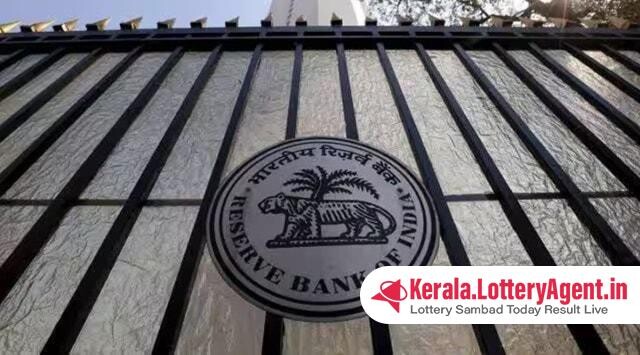
In a move that establishes clearer pathways for small finance banks (SFBs) in India seeking to expand their banking operations, the Reserve Bank of India (RBI) issued fresh guidelines stating that a minimum net worth of Rs 1,000 crore is required for these entities to evolve into universal banks. The guidelines are part of the on-tap licensing norms aimed at smoothing the transformation process for qualified SFBs.
These guidelines come as part of the RBI’s efforts to shape a more inclusive and diverse banking sector, giving successful small finance banks the opportunity to upscale their operations and services to become full-fledged universal banks. To be eligible, the RBI has outlined several critical financial and operational criteria.
First and foremost, these SFBs desiring to make the leap must have attained the scheduled status, ensuring they are recognized under the Second Schedule of the Reserve Bank of India Act. This denotes a level of trust and stability in their current operations. Moreover, these entities should have a consistent record of satisfactory performance over at least a five-year period.
The central bank’s framework also stipulates that the shares of these aspiring universal banks should already be listed on a recognized stock exchange. This requirement underscores the importance of transparency and public engagement in the banks’ operations, which is anticipated to increase once they transition to a universal banking model.
Another financial health indicator that the RBI requires is that these SFBs should have posted a net profit in the preceding two financial years, reaffirming their profitability and operational efficiency. Additionally, the central bank maintains stringent asset quality standards for these institutions; they should report gross non-performing assets (GNPA) and net non-performing assets (NNPA) of less than or equal to 3% and 1% respectively, over the last two financial years.
In a recent update on April 12, the RBI denied applications from two firms—Dvara Kshetriya Gramin Financial Services Pvt Ltd and Tally Solutions Pvt Ltd—that petitioned to start new SFBs under these on-tap licensing guidelines. Both companies had submitted their applications in 2021, aiming to establish a presence in the private sector of small finance banking.
Further insights from the RBI circular suggest that the shift to universal banking does not hinge on the presence of an identified promoter. However, any existing promoters of an eligible SFB must stay on in their roles during the transition. This implies a continuity in leadership and management philosophy as the SFBs broadens its services. Moreover, the central bank clarified that it would not allow the addition of new promoters or changes in the existing promoters’ lineup during the SFBs’ transition to universal banks. Another significant point is that there will be no fresh mandatory lock-in requirement for the minimum shareholding by the existing promoters once they transition to a universal bank.
The RBI also asserted that there should be no modifications to the promoter shareholding dilution plan that has been previously approved by the bank. This maintains the pre-agreed pathway for reducing promoter holdings over time, providing stability and predictability for the transitioning SFBs.
Finally, the RBI highlighted a preference for SFBs that have a diversified loan portfolio. Such diversification is indicative of a robust, balanced approach to lending that could better support the broader range of services offered by universal banks. This criterion suggests that SFBs with an array of credit products and a spread of credit risks are more likely to gain the central bank’s approval for transition, enhancing their stability and resilience as they move to offer a wider array of banking services to the public.
By setting out these comprehensive and meticulous requirements, the RBI aims to ensure that as SFBs step up to become universal banks, they bring with them a foundation of financial integrity, operational experience, and a proven commitment to serving a diverse customer base.












